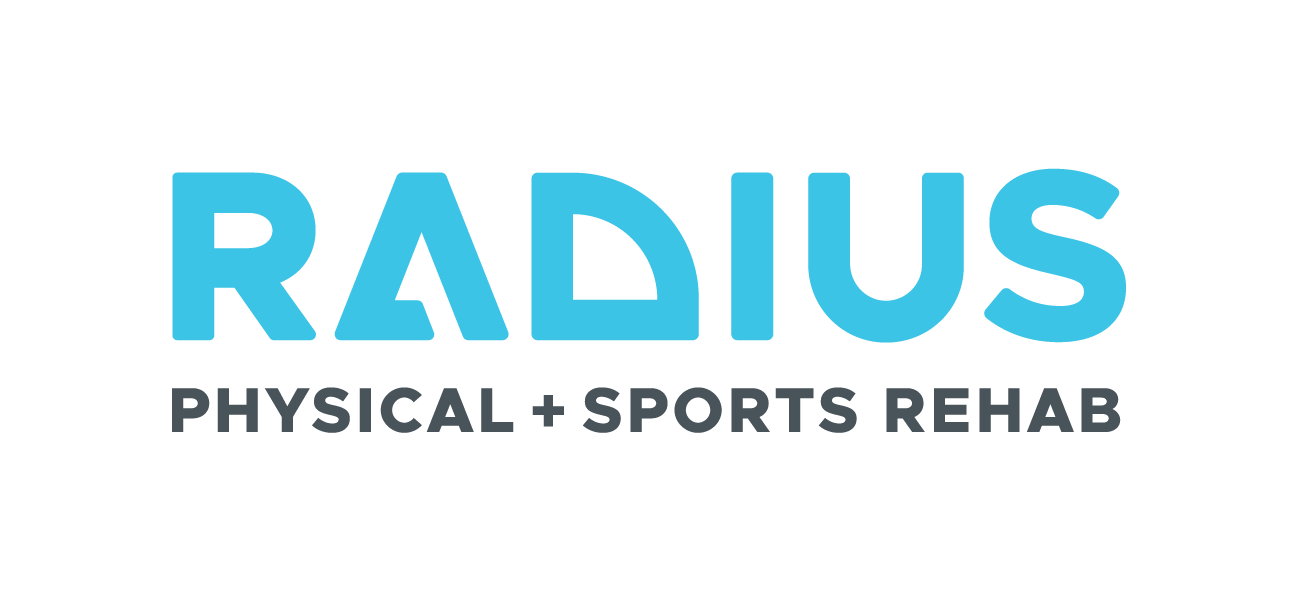Concussions
What are Concussions?
A concussion is a common type of traumatic brain injury (TBI) usually caused by impacts to the head or motions that cause the head to jolt or shake. These motions cause the soft brain (likened to the consistency of tofu or jello) to contact the rigid interior of the skull. In a concussion, the contact is not forceful enough to cause bleeding. Concussions are not permanent, and with the proper guidance, the patient can make a complete recovery.
Can Car Accidents Cause Concussions?
Car accidents can often cause the head to jar or cause the skull to contact the car’s interior. As described earlier, these types of motions, or direct impact, can cause a concussion. If you have been in a car accident, you may have experienced a concussion. Concussion victims often come out of an accident complaining of ringing in the ears, pressure in the head, nausea and/or vomiting, and of course, headaches. The effects can linger for days, and this type of injury requires care and guidance to heal.
What are the Symptoms of a Concussion?
Because the brain governs most body functions, a concussion can produce a wide array of symptoms depending on the area of the brain that sustained damage. Symptoms can be physical, emotional, mental, or any combination. Symptoms can develop immediately or over time: some only last a few seconds, others for several weeks. Symptoms manifestation and presentation are specific to each individual’s case. Below are some of the common symptoms for concussions:
Confusion or feeling dazed
Forgetfulness
Slowed response to questions
Slurred speech
Balance problems
Blurred vision
Sensitivity to light
Sensitivity to noise
Problems with taste or smell
Dizziness
Clumsiness
Sluggishness
Irritability
Difficulty concentrating
Loss of memory
Fatigue or sleepiness
Loss of consciousness
Problems with sleep
Depression
Risk Factors/Prevention
There are a few important risk factors to consider when avoiding concussions. Educating yourself about these risks is a significant step in avoiding them. Specific activities have appeal for some individuals despite their high risk. However, understanding the risk can help you avoid concussions while participating in these activities and minimize the damage when they occur.
Previous Concussions
Past concussions can leave you more susceptible to developing a concussion after a subsequent head injury. Another way to say this is that a mild blow to the head might not cause harm if you have never had one before, but that same impact might cause a concussion if you have had one before. This is a critical factor to consider if you participate in high-risk activities like boxing, football, or MMA.
Military Operations
If you serve in the military, part of your combat training likely explored protecting yourself when near an explosion. Concussions can happen in all kinds of ways during combat, and the most important way to mitigate their effects is by wearing a helmet. Even with that precaution, it is still best to stay out of harm’s way.
Fighting Sports
Certain sports have an element of combat to them that allows competitors to strike their opponent in the head, such as boxing. Strengthening one’s neck muscles can lower the risk of developing a concussion when fighting, as can wearing the proper headgear if the sport allows it. Other examples of these kinds of sports include kickboxing, MMA, football, and hockey.
Dangerous Jobs
Specific manual labor jobs carry inherent risks, and one of the most concerning is the risk of falling. If you work in construction or for a utility company, you probably understand. Always wear protective gear and follow proper safety procedures. Your current task is not nearly as important as your life.
Complications
Because concussions affect the brain, there are a variety of neurological symptoms that can appear. Here are a few conditions that can arise in the wake of a concussion.
Post-traumatic headaches
Sometimes headaches last for up to seven days following a concussion.
Post-traumatic vertigo
Vertigo is a sensation where an individual loses equilibrium. It can be debilitating for some people. Vertigo can last for days, weeks, or months following a concussion.
Post-concussion Syndrome
If a person continues to experience headaches, dizziness, or cognitive difficulties for more than three weeks following a concussion, this can fall in the category of Post-concussion Syndrome.
Cumulative effects of multiple brain injuries
Although still a theory, some have posited that subsequent brain injuries can produce compound effects. This is a current area of study.
Second-impact syndrome
This is a rare phenomenon. If a second concussion occurs before diagnosing the first, the brain can swell and potentially lead to a life-threatening situation. It is a significant reason why it is critical for athletes to never go back into a game following a possible concussion.
Treatment
Often in the initial phases of recovery, staying sedentary is most helpful following a concussion. One should avoid activities that require too much brain activity, like watching TV or playing video games. Work is usually not recommended. Mild activity and stimulation are of some benefit, as the brain can benefit from some stimulation. Nutritional choices can also be of benefit at this time. At Radius, we work with other providers to develop a solid plan for your recovery. We then meet with you as often as the program requires to help you recover.
Choose Radius Clinic for Treatment of Concussions
Radius operates two clinics in the Sacramento Valley that specialize in musculoskeletal rehabilitation, and we frequently treat auto accident victims for head injuries and many other conditions. If you live in Placer, El Dorado, Nevada, or Sacramento Counties, call or stop by one of our locations in Grass Valley or Roseville. We are always willing to meet with you to discuss the particulars of your condition and help you with your recovery. Concussions are serious, and it is critical that you find a team who can track your symptoms and offer any necessary treatment options. We look forward to hearing from you and helping you get back your quality of life.




